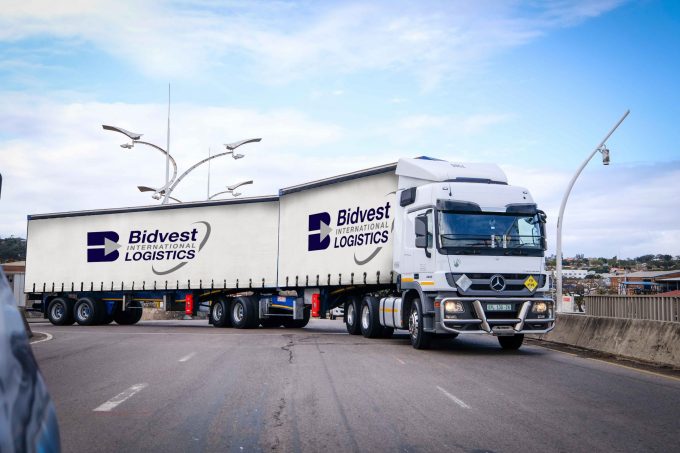Chinese New Year rush and threat of tariffs leaves box ports congested
The Chinese factory rush to get goods out before the new year holiday, and the ...

A technical recession with a third-quarter GDP drop of 2%, and lockdown restrictions passing the 100-day mark, have hit South Africa’s already pressured freight forwarding market
The sector is gripped by cross-border truck congestion, increasing cargo hijacks, riots and protests, mounting storage and demurrage costs on imports and slower freight clearance.
Last month, the South African Association of Freight Forwarders estimated that local importers were facing around ZAR1.4bn ($85m) in storage and demurrage costs accumulated during level-5 lockdown, with more than 20 000 ...
Macron calls for ‘suspension’ – CMA CGM's $20bn US investment in doubt
Trump tariffs see hundreds of cancelled container bookings a day from Asia
De minimis exemption on shipments from China to the US will end in May
Forwarders stay cool as US 'liberation day' tariffs threaten 'global trade war'
Mixed response in US to 'Liberation Day', while China leads wave of retaliation
Tariffs and de minimis set air freight rates on a volatile course
Overcapacity looms for ocean trades – with more blanked sailings inevitable
'To ship or not to ship', the question for US importers amid tariff uncertainty

Comment on this article